In the Warm Room
This essay was brought to you by 20 backers on Patreon.
For all that Lionheart is positioned in the shadow of The Kick Inside, it diverges from its predecessor in significant ways. The Kick Inside is more or less an art rock album — a much quirkier art rock album than something like The Wall or Low, but nonetheless in a tradition that houses Pink Floyd, Roxy Music, and Genesis. There are certainly strands of art rock in Lionheart (which are most prominent in “Wow,” “Hammer Horror,” and “Symphony in Blue,” all the singles), but it’s frayed at the edges and beginning to pull away from its obvious tradition. There’s an edge of darkness to Lionheart, which wasn’t as prominent in Bush’s debut. It’s almost a Gothic album with a healthy dose of the pastoral thrown in. There’s also a folk touch to it, with its increased use of acoustic instruments (down to the influence of Paddy Bush). Lionheart is lonely, and its singer is left in France to ruminate on cultural fragments of England.
One of the quietest songs on the album is “In the Warm Room,” also one of the album’s acoustic songs. It fills the “Feel It” spot on the album, the one exclusively-piano song. “Feel It” used its slot on the album to explore sexual desire and seeking pleasure in ambiguous circumstances. “In the Warm Room” is just a dead end — a treacly, inept dirge of a love song. It actually is what male rock critics (a tautology if ever there was one) said her other songs were. It’s the nadir of the album, and a self-evident career low for Bush.
“In the Warm Room” is that ever so ubiquitous and banal staple of popular music, a song where a man is encouraged to think about an offstage woman dying to sleep with him. The woman is typically voluptuous and seductive, a femme fatale of the highest pedigree: “she’ll tell you that she’ll stay/so you’d better barricade the way out,” “she’ll touch you with your mama’s hand” (which… ew). Women become a way to keep score, and the lady in the warm room is the ultimate conquest. It’s creepy and an indulgence of Bush’s most obsequious catering to misogyny.
If this song sounds male gazey, that is intentional. Bush claimed she often wrote songs for men, giving them what they want, specifically citing “In the Warm Room.” Such a decision is backwards for Bush, who’s always been a tad conservative in her outlook but manages to hides it behind radically conceptual songwriting (she’s stronger at navigating aesthetics than politics). And it’s just banal here — it’s depressing to see someone who once wrote a musical suicide note for an incestuous woman settling for writing a song about a dude who likes to get laid with spooky dames.
Bush plays it with such po-facedness too: the song crawls, shapelessly wandering in various modes of A (switching between major and minor) as Bush croons the lyrics in a warmed over Billie Holiday impression.…

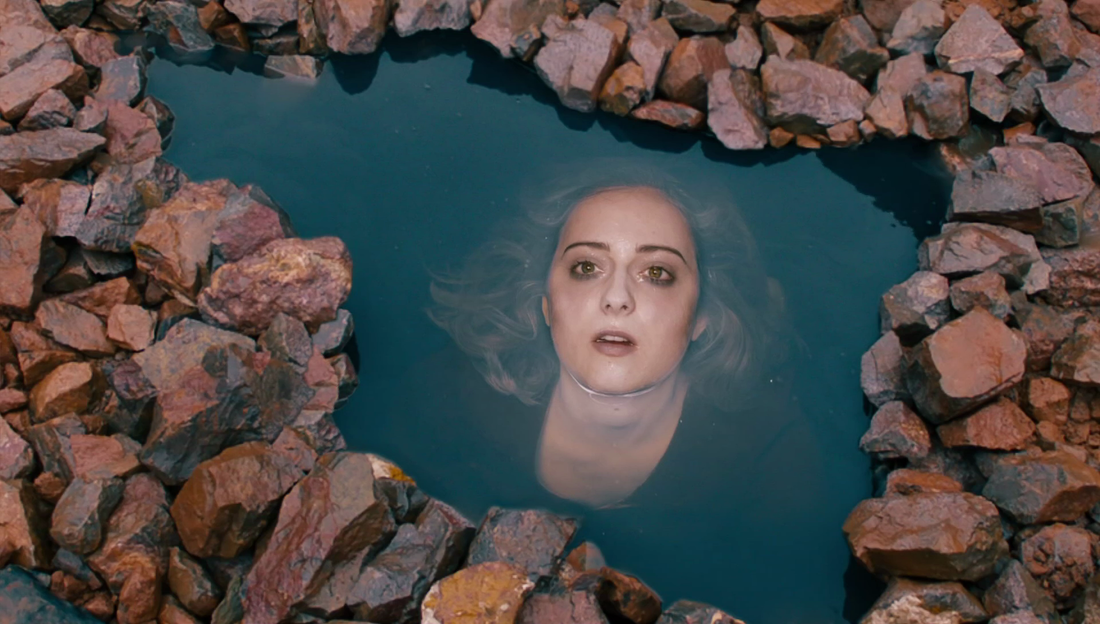
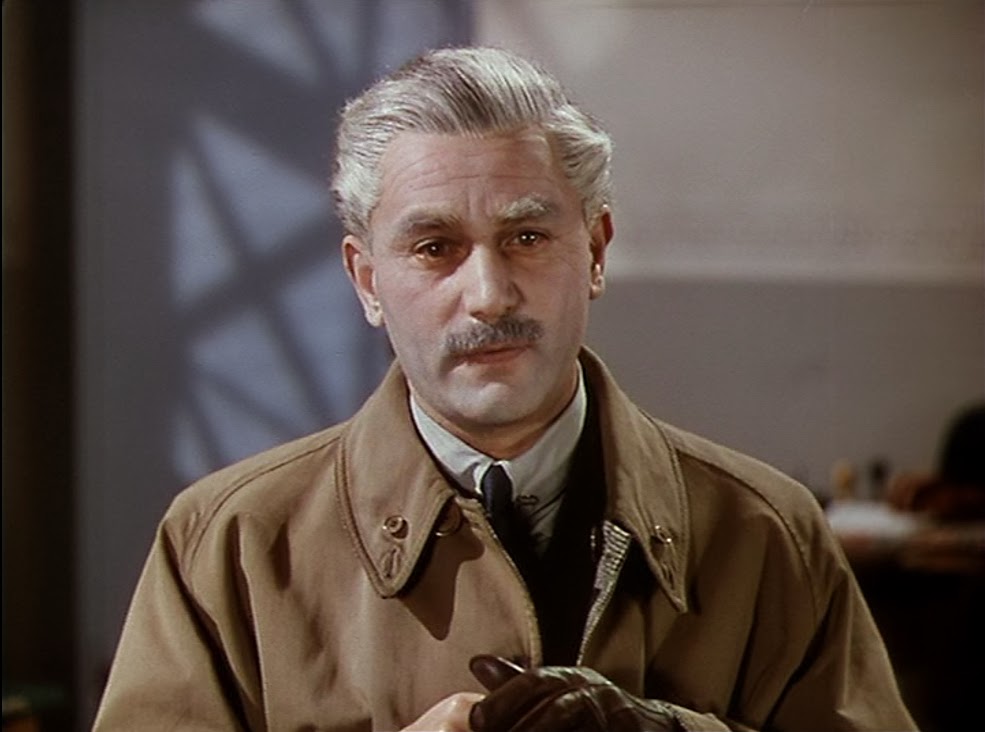

.jpeg)
.jpeg)
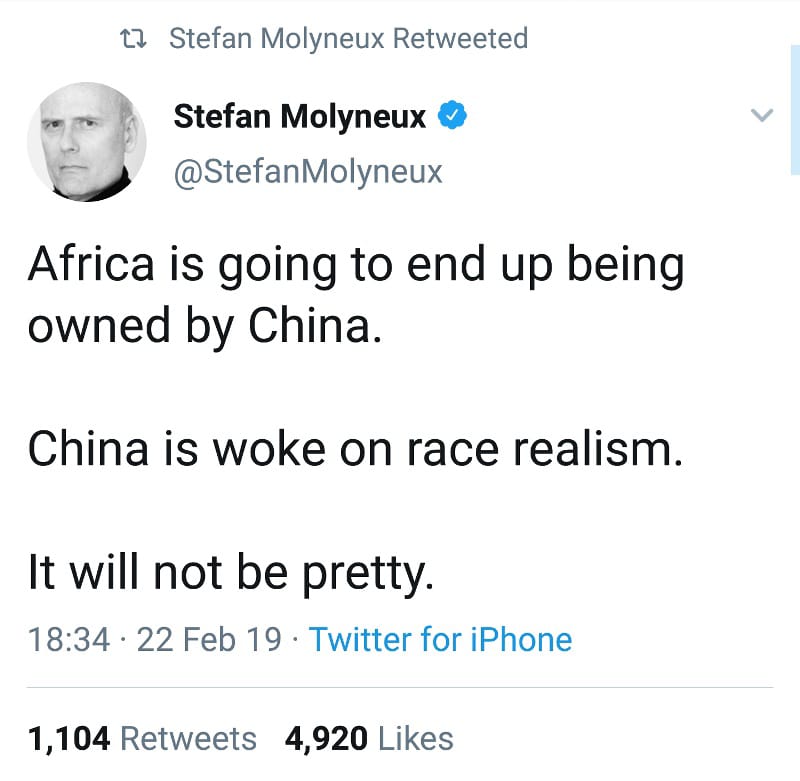
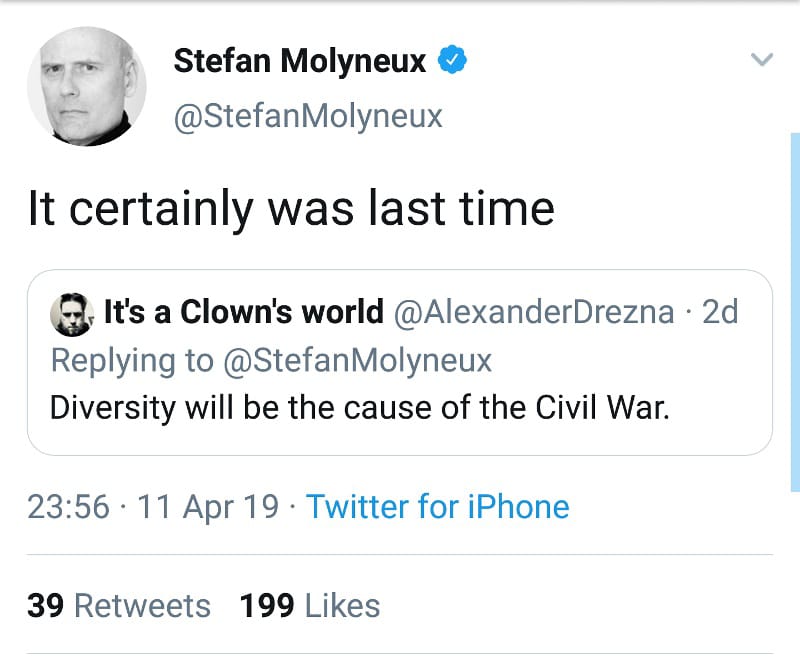
.jpeg)
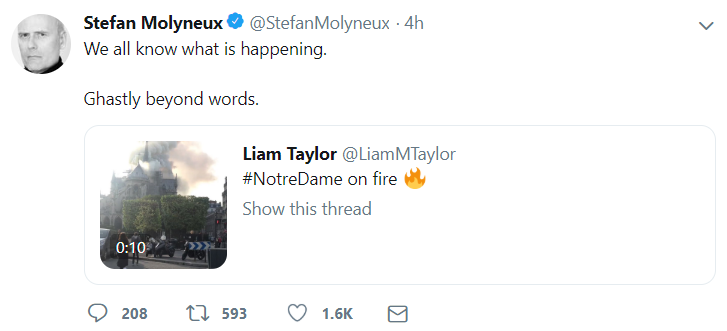
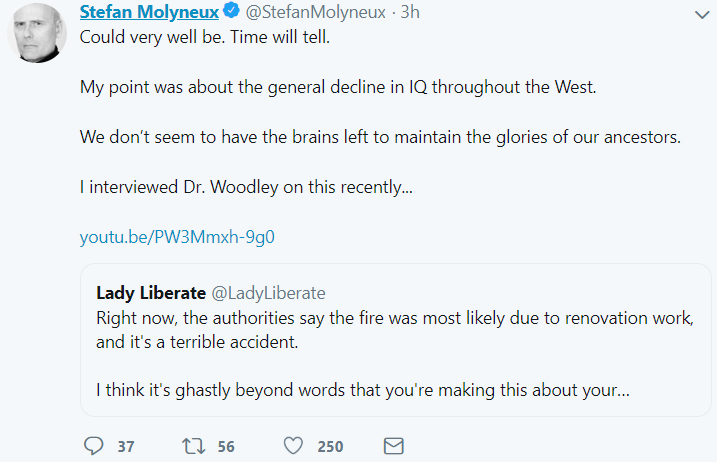
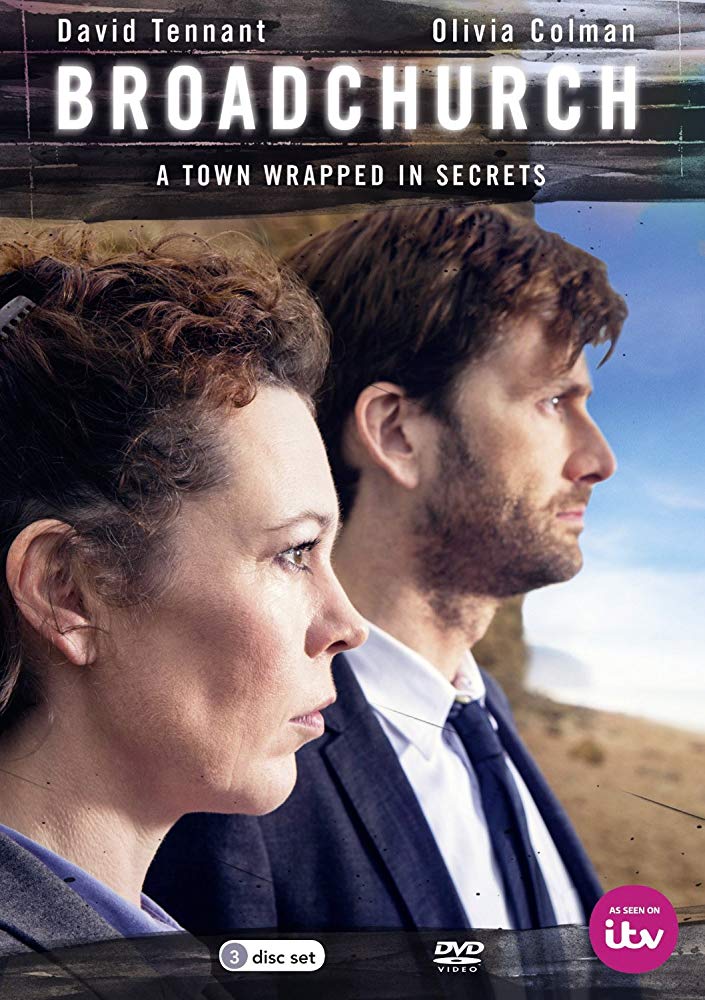 I want to start with an update to
I want to start with an update to 
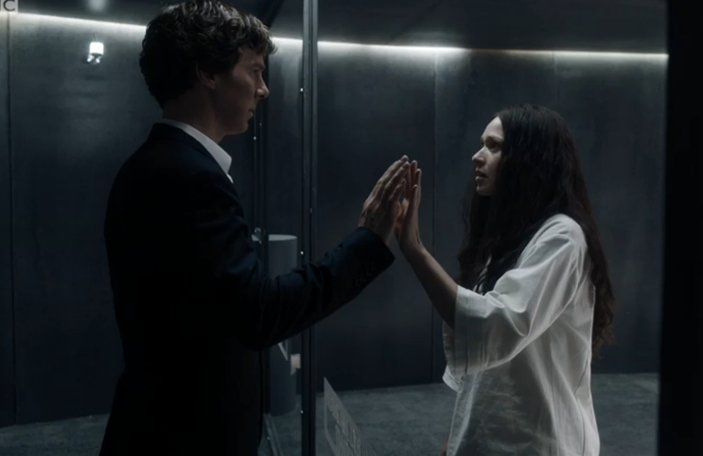 It’s January 15th, 2017. Clean Bandit have been knocked off of number one by the dawn of the Sheeraning, as Ed Sheeran’s “Shape of You” and “Castle on the Hill” debut at number one and two respectively, heralds of his forthcoming album that will, on its release in mid-March, lead to Sheeran occupying 14 of the top 15 slots in an absolutely unprecedented (and before the streaming era impossible ) turn of events. JP Cooper, Starley, and Jax Jones featuring Raye also chart.
It’s January 15th, 2017. Clean Bandit have been knocked off of number one by the dawn of the Sheeraning, as Ed Sheeran’s “Shape of You” and “Castle on the Hill” debut at number one and two respectively, heralds of his forthcoming album that will, on its release in mid-March, lead to Sheeran occupying 14 of the top 15 slots in an absolutely unprecedented (and before the streaming era impossible ) turn of events. JP Cooper, Starley, and Jax Jones featuring Raye also chart.